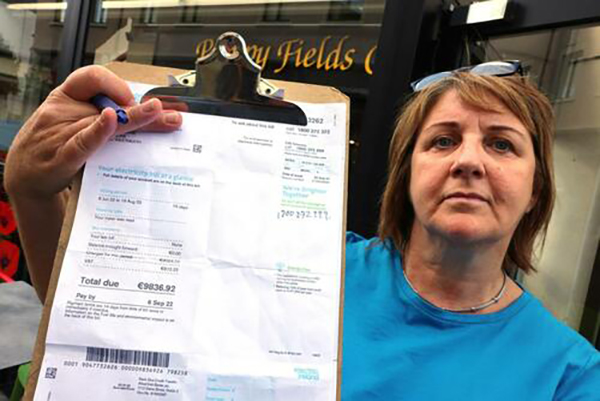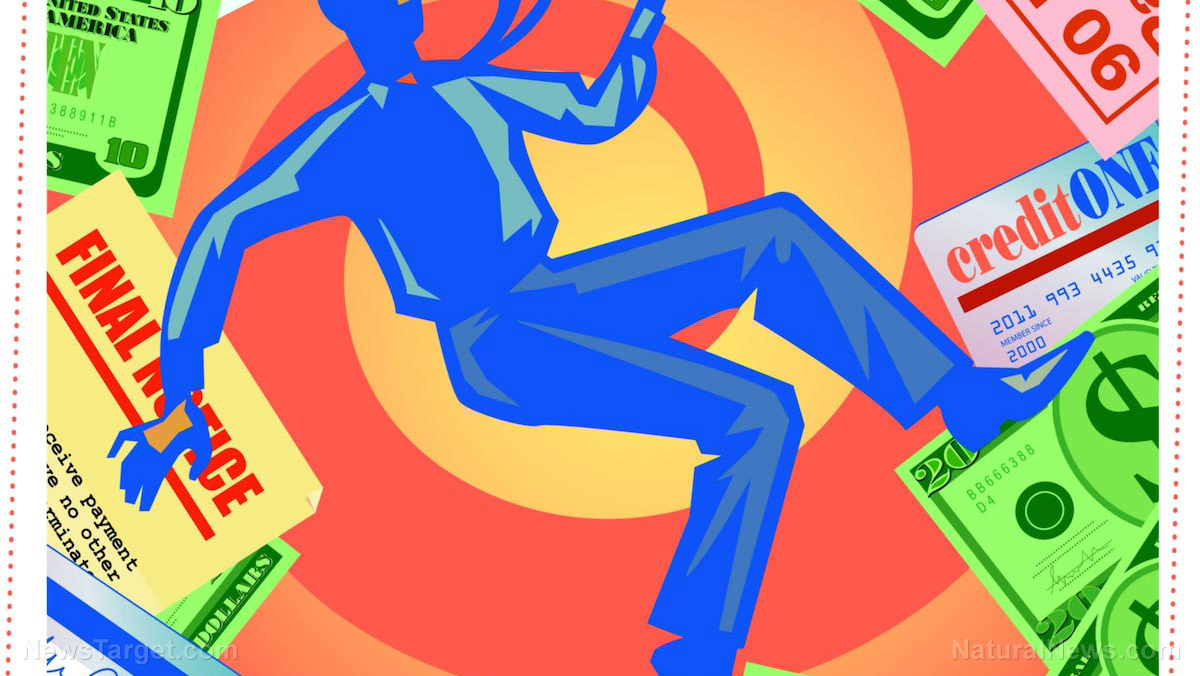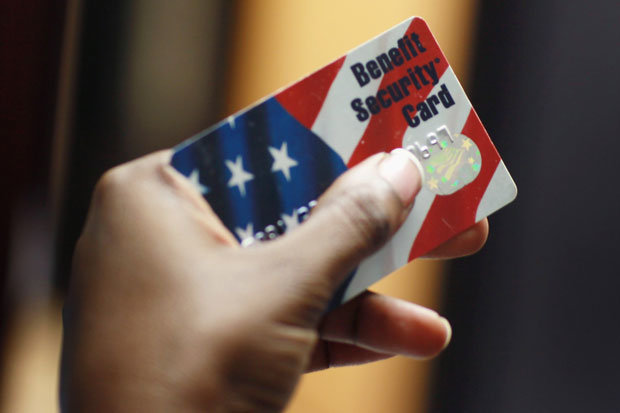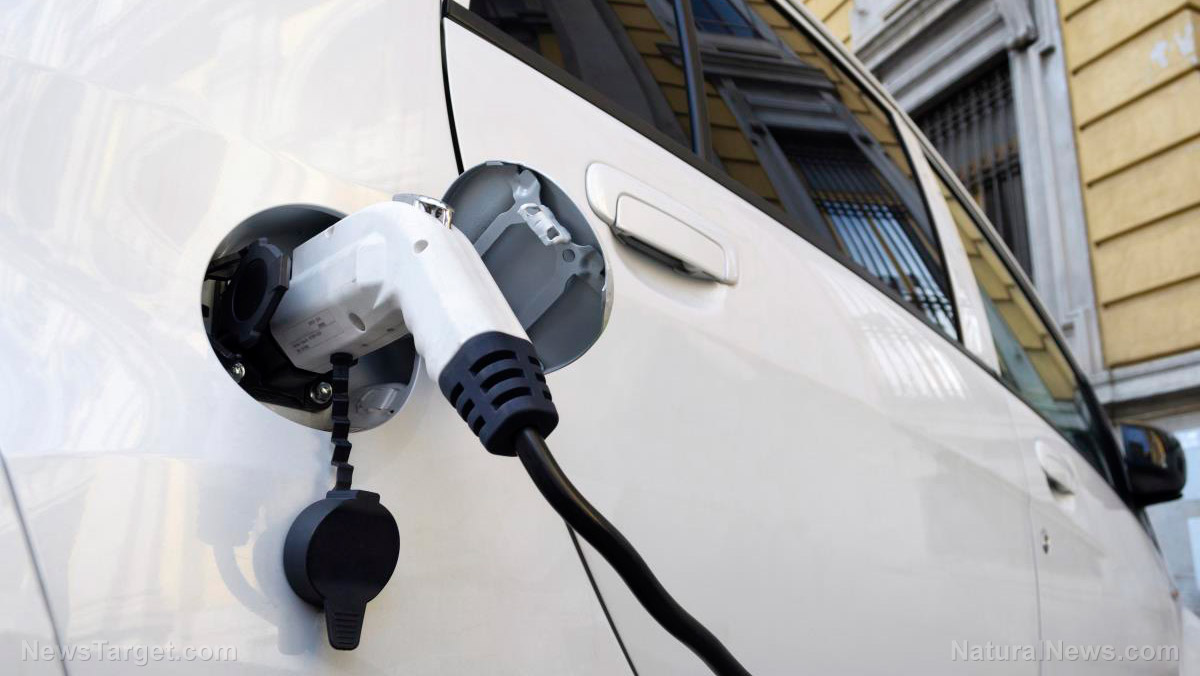HIGHER EDUCATION ROBBERY: American taxpayers will be forced to pay an average of $2500 each if student loans are cancelled
09/08/2022 / By Roy Green

Many American taxpayers have not realized it yet, but they are going to pay a hefty price if the Biden administration’s plan to condone student loans of up to $20,000 pushes through.
While the amount to be passed on to taxpayers varies according to the income spectrum, where those in the upper brackets are going to shoulder more, it will still cascade to the lowest level.
According to the revised estimates from the National Taxpayers Union (NTU), the average burden per taxpayer will amount to $2,503.22, based on the specifics of Biden’s loan cancellation plan.
Computations show that low-income taxpayers, or those earning between $1 to $50,000, would have an average additional cost of $190. Those whose gross incomes fall between $50,000 and $75,000 would shoulder $1,040, while those earning between $75,000 and $100,000 would shoulder $1,774. For those with incomes of $100,000 to $200,000, their share would be $3,791.
High-income taxpayers earning between $200,000 to $500,000, would have an additional cost of $11,940.
The “generosity” of the Biden administration doesn’t end here, as the plan also entails that “loan balances will be forgiven after 10 years of payments, instead of the current 20 years under many income-driven repayment plans, for borrowers with original loan balances of $12,000 or less,” according to a Department of Education statement.
Likewise, the pause on student loan repayment, including interest and collections, will be extended through Dec. 31.
In addition, the Education Department bared a new income-driven repayment plan that could cut monthly payments in half for undergraduate loans and “would cap monthly payments on undergraduate federal loans to five percent of a borrower’s discretionary income, half from the typical 10 percent.”
“The Department of Education estimates that this reform will allow nearly all community college borrowers to be debt-free within 10 years,” the White House said in a fact sheet.
No wonder, most Americans are in agreement with the plan.
According to a recent survey, 56 percent of respondents said they support federal student loan forgiveness by executive order, while less than one-third oppose it.
Of course, those currently repaying student loans support the cancellation (21 percent) with just five percent against it. Among the respondents who never had student loans, 23 percent were in favor and 18 percent were against. Among those who had student loans, but paid them off already, 12 percent supported the plan and eight percent opposed it.
Around 20 million Americans stand to benefit from the write-off, according to various sources.
Loan cancellation, income-driven repayment will cost the government up to $589 billion
The Penn Wharton Budget Model estimates debt cancellation alone will cost up to $519 billion, while the new income-driven repayment will cost another $70 billion.
Those who object to the loan write-off argued that Biden’s forgiveness plan will incur more debt for the government – between $330 billion and $390 billion, according to the Committee for a Responsible Federal Budget.
But the Biden administration isn’t thinking about that. All it wants is to get the public’s approval and raise its plunging trust ratings in time for the midterm elections. (Related: Biden’s plan to write off student loans using post-9/11 national emergency law is a form of political posturing.)
Visit JoeBiden.news for more news about the controversial policies of the Biden administration.
Watch this video about Joe Biden’s “Student Loan Forgiveness” bribe.
This video is from the high impact Flix and more!!! channel on Brighteon.com.
More related stories:
Former Trump adviser: Student loan forgiveness plan likely to backfire on Dems.
Shocking number of college students think their student loans will be forgiven.
Massive student loan fraud scam: 99.8% of repayment data fraudulently altered by schools.
The college tuition student loan bubble scam explained.
Sources include:
Submit a correction >>
Tagged Under:
big government, Bubble, debt collapse, Department of Education, federal loans, government debt, insanity, Joe Biden, loan repayment, Midterm elections, money supply, national debt, NTU, Penn Wharton Budget Model, risk, student loan, taxpayers, truth, White House
This article may contain statements that reflect the opinion of the author
RECENT NEWS & ARTICLES
COPYRIGHT © 2017 NATIONAL DEBT NEWS




















